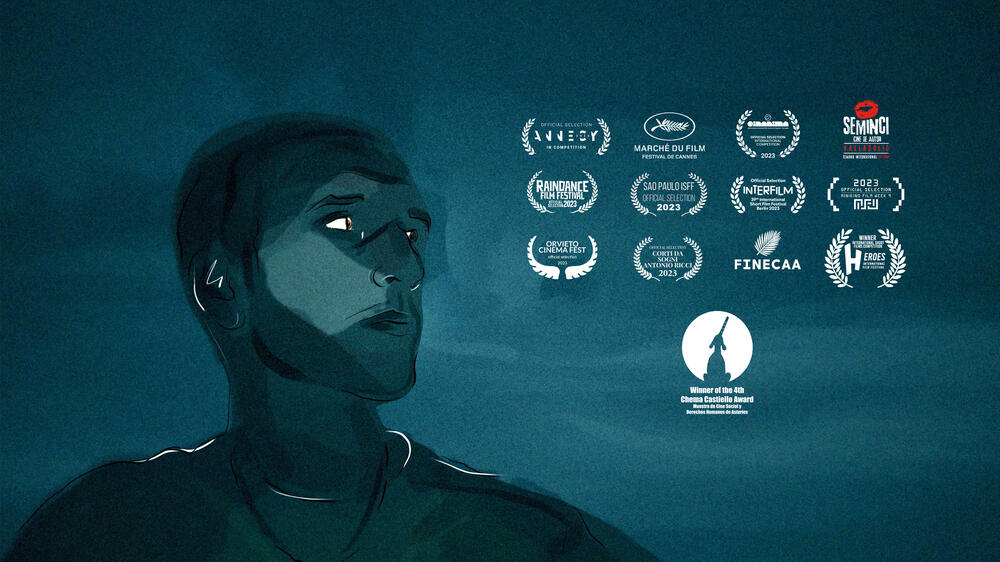Lost at Sea: a short film showing the harsh reality of the ongoing Rohingya crisis
30 January 2024
“Lost At Sea” is based on the real-life account of a Rohingya man forced to flee extreme violence in Myanmar in search of safety. He was stranded for more than two weeks on board a fishing boat in the Andaman Sea, loaded with men, women and children also fleeing for their lives.
The year is 2017. Their destination is Malaysia. In this animated film, dream-like flashbacks reveal the story of this man. He is haunted by the song his mother sang him and searches his memory for the reasons that led him to flee in the first place.
The film is composed of real-life documentary and news footage combined with recreations which were then rotoscoped (frame-by-frame painted) by artist Richard Swarbrick to create this unique hybrid animation short film .
The accolades include Heroes International Film Festival, Rome for Best International Short Film and MUSOC (Festival for Social Cinema and Human Rights, Asturias): 4th Chema Castiello Award for the Best Short Film with social relevance and outstanding capacity to be used in classrooms for a younger audience.
“Rohingya who remain in Myanmar, and those who fled to Bangladesh struggle to survive,” said Paul Brockmann, MSF's regional operational director. “The vast majority live in camps with severe movement restrictions, limited opportunities for employment or education, and without hope for a better future. With significant levels of violence in the Bangladesh camps and ongoing conflicts in Myanmar, the situation is forcing many Rohingya to make increasingly desperate choices such as risky sea journeys.”
"The Rohingya have nowhere to go,” said Brockmann. “They are not safe or given basic human rights anywhere in the region. It is crucial that the international community recognize the severity of the Rohingya refugee crisis and work towards mid-term solutions that respect their rights and dignity in the places they are now until they can eventually return to Myanmar. Rohingya deserve to live in safety, with access to essential services and opportunities. We are treating people for illnesses, but without a change in their living conditions and ongoing containment, there is no possible cure for their experiences."

